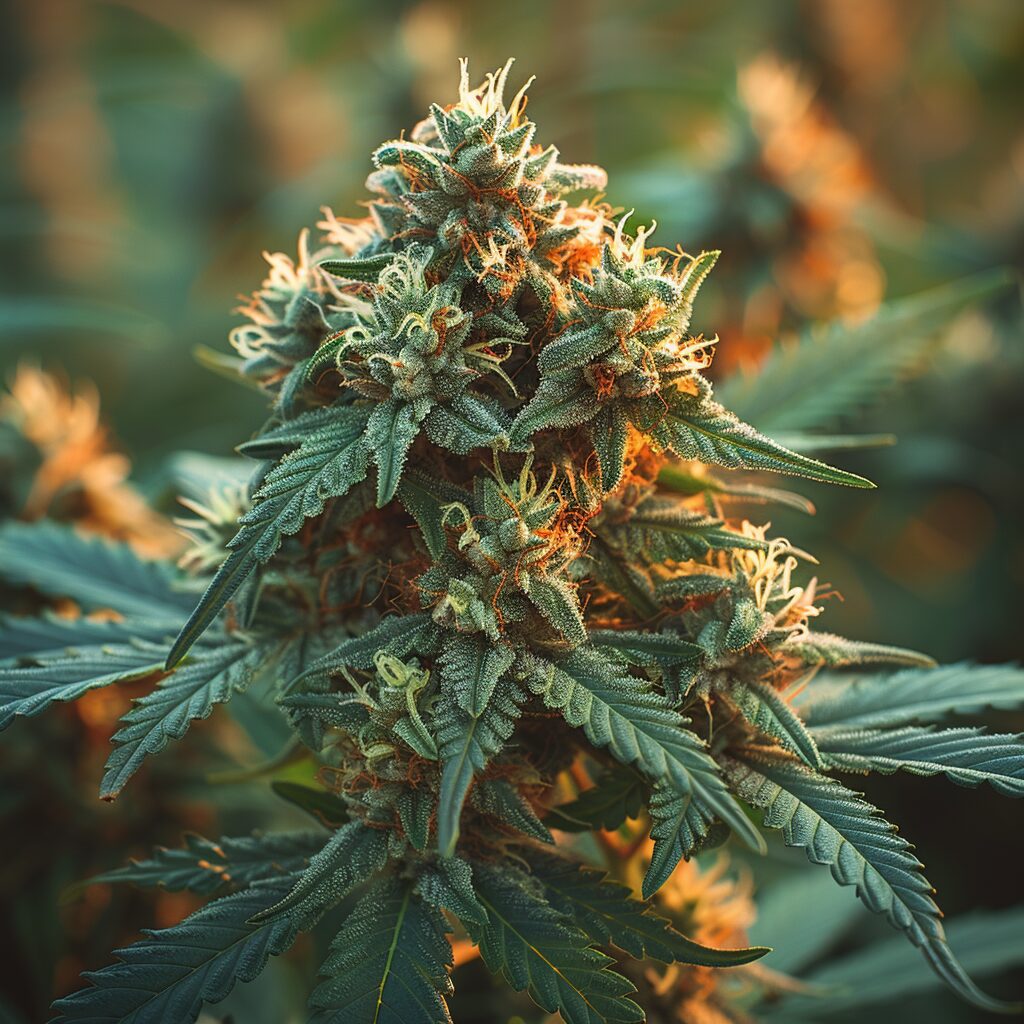The effects of THC marijuana withdrawal may vary depending on the individual characteristics of the person and the degree and duration of substance use (occasional use vs. addiction), and these factors determine both the time needed to discontinue it and the scope of symptoms. Therefore, in this publication we will separate these two categories and look at how each of these processes works.
Marijuana withdrawal time – how long do the effects of marijuana withdrawal last for a person who uses it occasionally?
What do we mean by occasional marijuana use? It is consumed or smoked without any specific regularity or frequency . It is also not addictive, i.e. the person does not feel the need to take it, and the process itself takes place in controlled conditions limited to certain circumstances or occasions. People who use marijuana occasionally usually treat it as a form of relaxation, entertainment or experiment, and their attitude towards taking it may be similar to the way some people consume alcohol, e.g. at parties or occasional, non-cyclical social gatherings.
In this case, marijuana withdrawal does not cause drastic physical or mental symptoms . These will more commonly be referred to as marijuana recovery time. Difficulties may be related to the possible simultaneous consumption of alcohol, combining marijuana and tobacco or drugs that may interact with them.
For a person who uses marijuana occasionally, the duration of withdrawal effects may depend on individual characteristics, but usually the process is much milder and shorter compared to the impact of withdrawal on the body of a person who uses it more often and regularly. It is difficult to find a precise boundary between occasional marijuana use and regular use, which may be related to the difficulty of determining whether the symptoms indicate addiction or not.
The mildest effects of marijuana withdrawal after a single consumption are the complete absence of symptoms or states similar to the effects of alcohol intoxication - headaches, anxiety, irritability, lack of appetite, problems with falling asleep. This stage may last up to 24-72 hours .
When marijuana use is more frequent, longer but irregular, or short-term and intense, symptoms may last up to 2-4 weeks . These include the previously mentioned physical and mental withdrawal symptoms, but anxiety and mood swings may also occur. After this period, all effects of marijuana withdrawal should disappear .
Marijuana withdrawal time – how long do the effects of marijuana withdrawal last for a person who is addicted?
The effects of marijuana withdrawal will be much more difficult for people who are already addicted to it. By addiction we mean the lack of control over its use, the need to consume it that is difficult to control, i.e. very frequent and regular consumption of an addictive nature, and a number of symptoms that have long-term effects on health and social life. Unfortunately, in this case, marijuana rehabilitation may require the support of specialists (psychiatrist, psychotherapist) because it is classified as a mental disorder.
Detoxing from marijuana requires the body to re-adapt to the absence of the substance it has become accustomed to (THC). This element requires the greatest effort on the part of the addicted person and may last from several weeks to several months .
The first stage of marijuana withdrawal may look similar to that of a person who uses marijuana frequently but occasionally, but the symptoms may be much more intense. , headaches, hand tremors, states similar to depression interspersed with euphoria, lack of appetite, severe sleep disturbances, anxiety, and a feeling of loss and confusion may occur The peak occurs on the 4-5th day , when all the effects are felt with double strength. Then, most often, addicted people realize the difficulties that await them and may decide to seek therapeutic support.
The following weeks are associated with further physical symptoms of marijuana withdrawal - nausea, vomiting, increased sweating may appear, as well as mental symptoms: concentration disorders, reduced motivation and persistent thoughts related to the desire to return to the addiction. This period is associated with strong emotional states, followed by a slow calming down of the body and recovery . People who were heavily addicted, including those who required medical supervision, may experience such conditions for up to a year after stopping marijuana use .
Effects of marijuana withdrawal and scientific research
The duration of marijuana withdrawal depends on many factors - the frequency and amount of marijuana use, individual characteristics (susceptibility to addiction and ease of withdrawal), co-occurring addictions, medications taken, social support and many other circumstances.
In recent decades, researchers have paid a lot of attention to THC withdrawal symptoms, but due to the multitude of factors that occur, the effects of marijuana withdrawal for specific people can be very different and determined by physical, mental and environmental factors .
Budney AJ, Hughes JR, Moore BA, Vandrey R. Review of the validity and significance of cannabis withdrawal syndrome. Am J Psychiatry. 2004;161:1967–1977.
Haney M, Ward AS, Comer SD, Foltin RW, Fischman MW. Abstinence symptoms following smoked marijuana in humans. Psychopharmacology (Berl) 1999;141:395–404.
Kouri EM, Pope HG. Abstinence symptoms during withdrawal from chronic marijuana use. Exp Clin Psychopharmacol. 2000;8:483–492.









